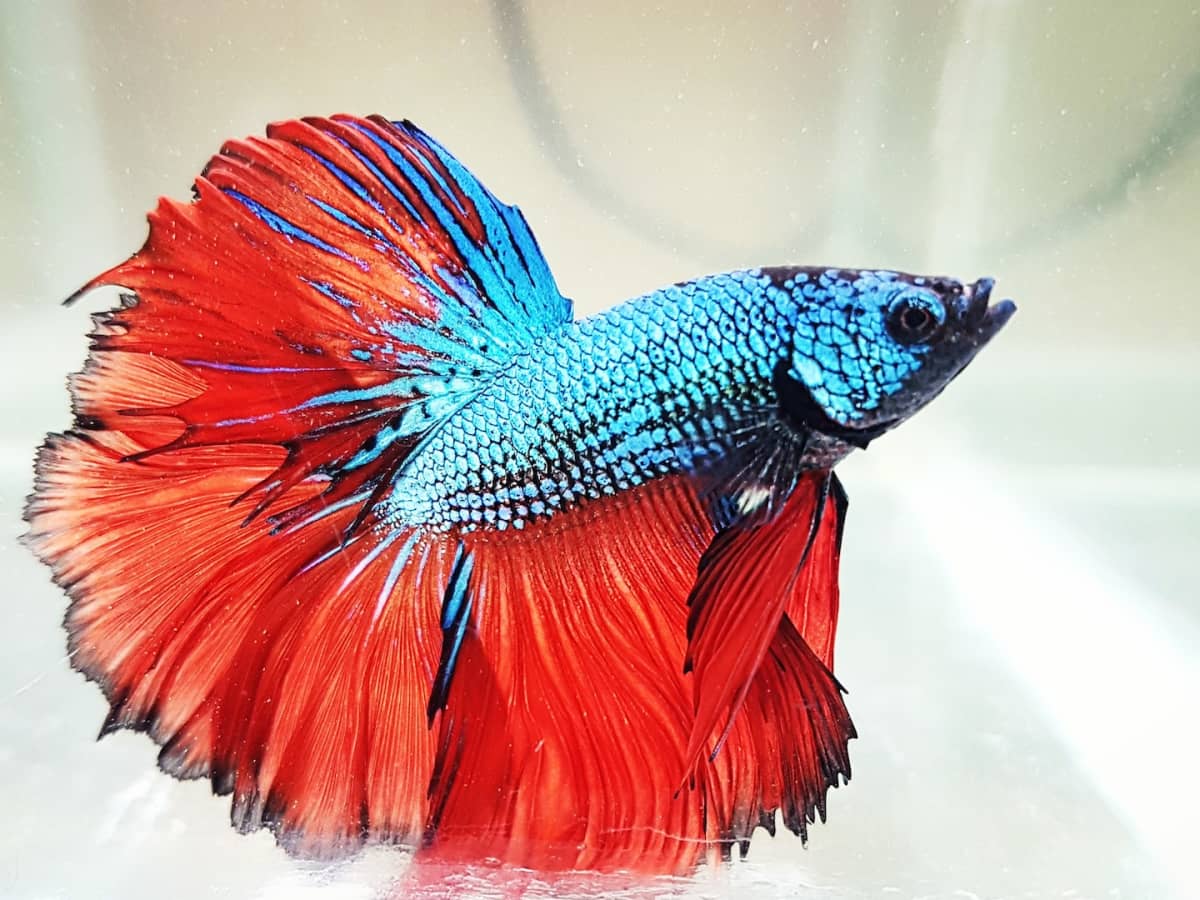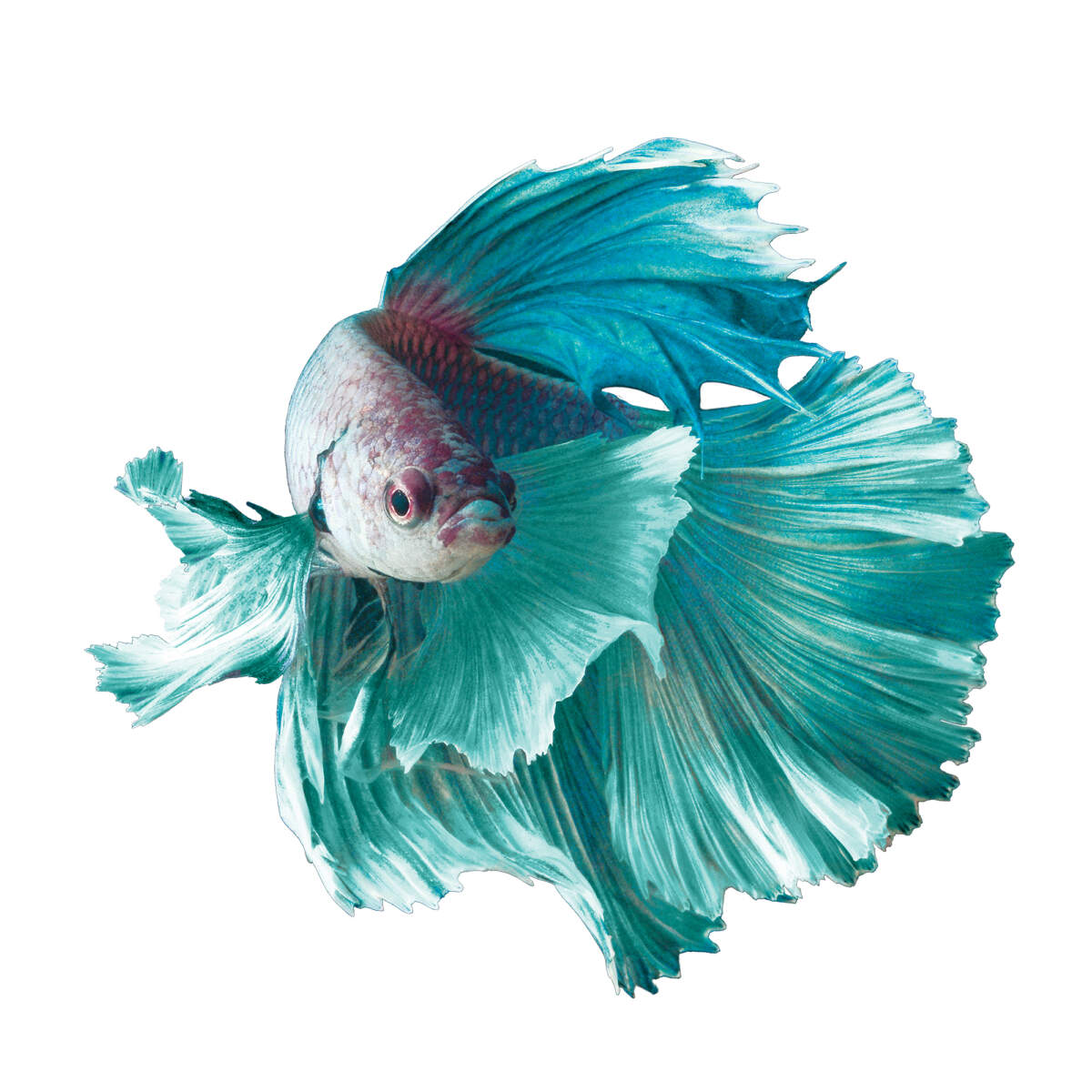Comprehending Betta Fish Behavior: What Every Owner Needs To Know
Comprehending Betta Fish Behavior: What Every Owner Needs To Know
Blog Article
All About Betta Fish: Recognizing Their Unique Requirements, Behavior, and the most effective Practices for Ideal Treatment
Understanding the one-of-a-kind demands and actions of Betta fish is important for any aquarist looking to supply optimal care. betta fish. As we check out these components additionally, the effects for both newbie and skilled fish keepers end up being progressively evident, raising questions about exactly how ideal to accommodate these exceptional fish in our homes.
Betta Fish Summary
Although often admired for their vivid colors and flowing fins, Betta fish, scientifically referred to as Betta splendens, are complex creatures that call for certain like flourish. Stemming from Southeast Asia, these freshwater fish are known for their territorial nature and unique behaviors. Betta fish exhibit sexual dimorphism, with men displaying much more vivid colors and longer fins than females.
Their aggressive tendencies, particularly amongst males, require careful factor to consider when housing them. Bettas are commonly kept in single-specimen containers to stop territorial disagreements. They can coexist peacefully with particular compatible types in bigger neighborhood storage tanks, gave the atmosphere meets their demands.

To make sure ideal treatment, aquarists must understand their distinct behavioral qualities, dietary demands, and habitat needs. betta fish. With proper attention, Betta fish can exhibit their vivid personalities and flourish in a well-maintained fish tank setting
Natural Environment and Atmosphere
Betta fish grow in a diverse variety of all-natural environments, largely located in the shallow waters of Southeast Asia, consisting of rice paddies, swamps, and slow-moving streams. These atmospheres are defined by cozy temperature levels, normally in between 75 ° F and 82 ° F(24 ° C and 28 ° C ), and a pH degree ranging from 6.5 to 7.5, which is suitable for their health and wellness and health.
In their natural environments, Betta fish are accustomed to thick greenery, giving both shelter and reproducing premises. The presence of plants such as drifting water lilies and thick turfs not only uses security from killers but likewise contributes to the oxygenation of the water, which is vital for their breathing demands. In addition, these environments commonly have locations of still water, enabling Betta fish to show their natural habits such as bubble nesting.
Recognizing the natural habitat of Betta fish is important for fish tank enthusiasts. Duplicating these conditions-- through water temperature, pH equilibrium, and the incorporation of online plants-- can considerably enhance the total health and long life of these exciting fish, ensuring they grow in a home aquarium setting.
Social Actions and Interactions
Comprehending the social behavior and communications of Betta fish is essential for effective aquarium administration. Betta fish, or Siamese battling fish, are understood for their distinct behavioral attributes, defined mainly by territoriality and aggressiveness.
Conversely, women Bettas display less aggressive behavior and can exist together in teams, known as sororities, if presented effectively. Nonetheless, it is important to monitor their interactions carefully, as power structure and supremacy can lead to disputes. Understanding the characteristics within a Betta area is essential; establishing hop over to these guys concealing areas and ensuring ample room can mitigate aggressiveness.
Additionally, Betta fish may also display inquisitiveness and social habits towards other species. While they can coexist with specific non-aggressive container companions, it is important to pick suitable species to avoid tension and aggression. On the whole, recognizing these social communications is crucial to promoting a harmonious aquarium environment for Betta fish.
Vital Treatment Standards
Providing proper treatment for Betta fish is essential to their health and well-being. click here now To guarantee a successful atmosphere, it is vital to keep ideal water conditions. The water temperature should be maintained between 76 ° F and 82 ° F(24 ° C to 28 ° C), while pH degrees ought to vary from 6.5 to 7.5. Normal water adjustments-- approximately 25% weekly-- aid maintain water quality.
Betta fish call for an appropriate storage tank size; a minimum of 5 gallons is recommended to offer sufficient space for swimming and hiding. Consist of decorations and plants to create a revitalizing atmosphere, yet prevent sharp objects that can hurt their fragile fins.

Lastly, make certain the storage tank is furnished with a filter to maintain the water clean, yet utilize a mild filter to stay clear of solid currents that can emphasize the fish. By following these vital care guidelines, proprietors can promote a healthy and lively Betta fish.
Common Wellness Issues and Solutions
In the treatment of Betta fish, understanding of common health and wellness issues is vital for maintaining their well-being. To treat fin hop over to these guys rot, improve water problems and consider using a broad-spectrum antibiotic.
Another usual disorder is ich, a parasitical infection defined by white places on the fish's body (betta fish). Therapy includes enhancing water temperature level and including aquarium salt to the tank, as this can aid remove the parasite
Swim bladder disorder is also frequently observed, leading to buoyancy issues. This condition might develop from overfeeding or bowel irregularity. A fasting duration of 24-48 hours, adhered to by a diet plan of blanched peas, can supply relief.
Finally, bettas may experience velour condition, shown by a gold dust-like appearance on their skin. Treatment normally needs medication specifically made for external parasites, together with enhanced storage tank hygiene.
Routine surveillance of water specifications, keeping a tidy setting, and offering a balanced diet are crucial safety nets. By dealing with these health issues promptly, Betta fish can lead much healthier, much more lively lives.
Conclusion
In summary, successful betta fish treatment requires an understanding of their distinct demands and actions. Offering an appropriate atmosphere, consisting of proper container size and water conditions, is vital for their well-being. In addition, identifying their territorial nature and making sure sufficient hiding places can avoid hostility. Normal surveillance of health and wellness and water quality, along with a balanced diet plan, adds to the longevity and vibrancy of betta fish. Sticking to these standards will certainly foster a flourishing water ecological community for these exciting creatures.
Report this page